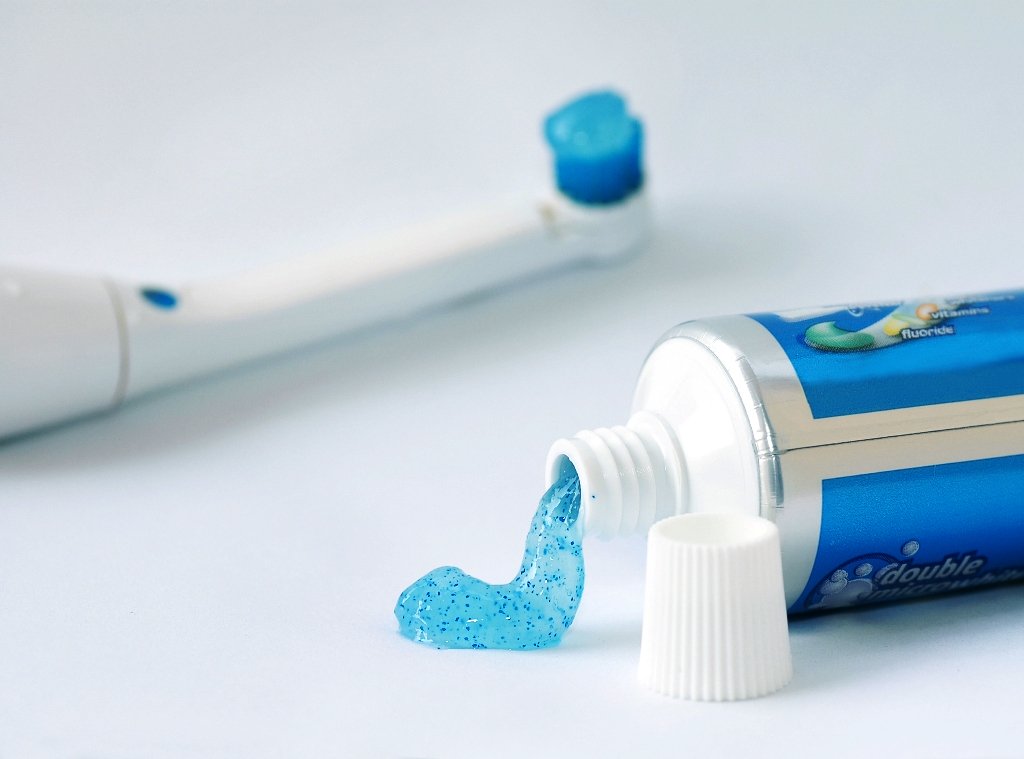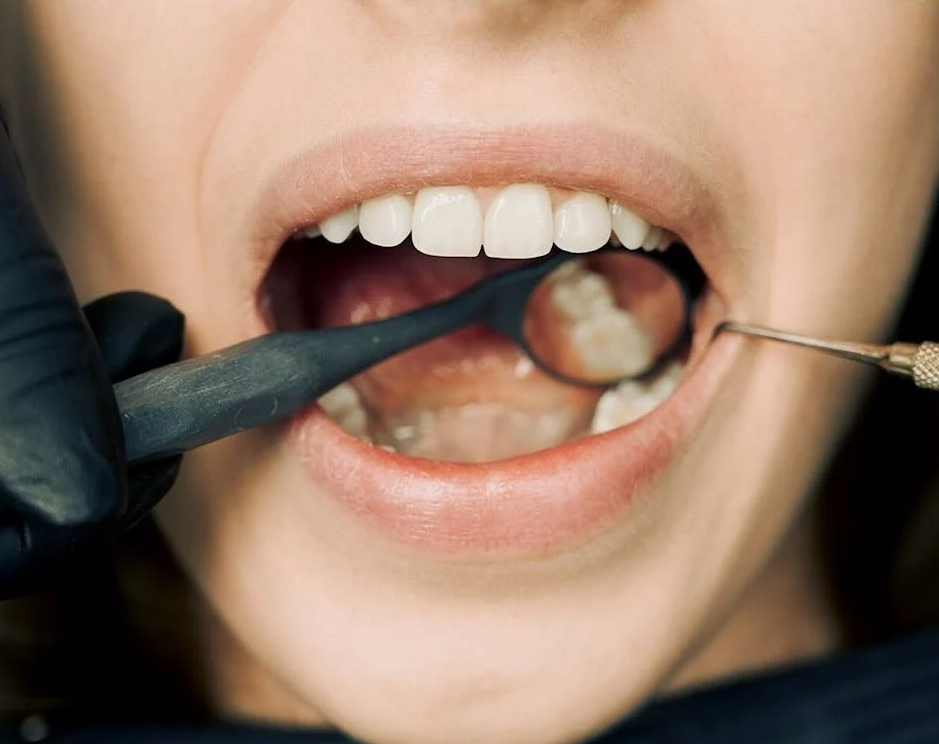A healthy smile is more than just aesthetically pleasing; it's a cornerstone of overall well-being. Yet, despite the abundance of dental care information, many people unknowingly commit common brushing mistakes that can undermine their oral health.

From brushing too hard to rinsing too soon, these seemingly minor habits can lead to significant dental issues like gum disease, tooth decay, and even systemic health problems.
By understanding these common pitfalls and adopting proper brushing techniques, we can safeguard our oral health and enhance our overall quality of life.

1. Not Brushing Long Enough
We've all been guilty of rushing through our morning routine, but skimping on brushing time can lead to serious oral health issues. Aim for a full two minutes, twice a day. Consider using a timer or an electric toothbrush with a built-in timer to ensure you're brushing for the recommended time.
2. Brushing Too Hard
Aggressive brushing can damage your gums and erode your enamel. Opt for a soft-bristled toothbrush and use gentle, circular motions. Remember, it's not about how hard you brush, but how well you brush.
3. Rinsing After Brushing
While it may seem counterintuitive, rinsing immediately after brushing can dilute the fluoride in your toothpaste, reducing its effectiveness. Instead, spit out the excess toothpaste and let it sit on your teeth for a few minutes.
4. Brushing Right After Eating
Brushing immediately after eating, especially acidic foods, can damage your enamel. Wait at least 30 minutes before brushing to allow your saliva to neutralize the acid. In the meantime, you can floss or use mouthwash.
5. Not Replacing Your Toothbrush Often Enough
A worn-out toothbrush is less effective at removing plaque and bacteria. Replace your toothbrush or toothbrush head every three to four months, or sooner if the bristles become frayed.









COMMENTS
Comments are moderated and generally will be posted if they are on-topic and not abusive.
For more information, please see our Comments FAQ